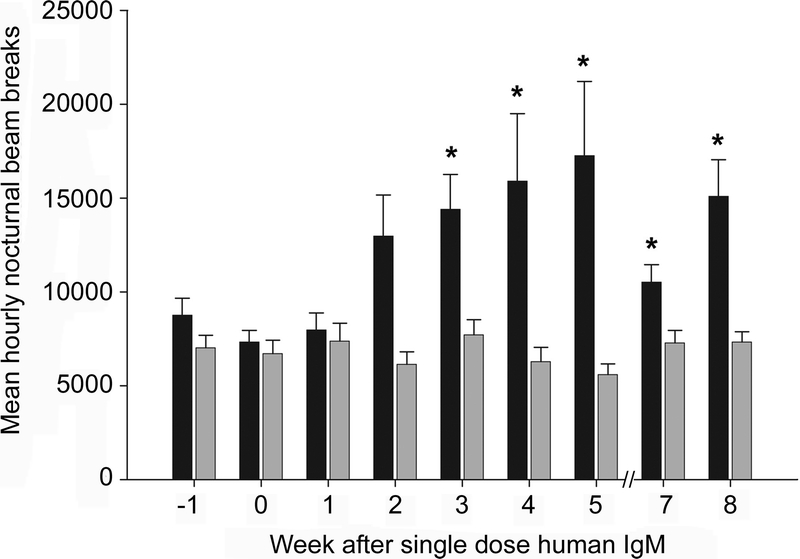
Figure 5 A single dose of a neurite extension-promoting human monoclonal antibody (mAb) alters spontaneous function of mice with spinal cord pathology
Mean hourly spontaneous nocturnal activity is altered within 3 weeks after a single intraperitoneal injection of 100 μg human of sHIgM12. Groups of five mice with chronic TMEV-induced spinal cord demyelination and axon loss were treated with sHIgM12 (black bars) or a control human immunoglobulin M (IgM) that doses not bind to neurons (gray bars). Mice were monitored using AccuScan activity monitoring boxes for 72 consecutive hours per week. The mean ± standard error of hourly horizontal activity over three 12-hour nocturnal periods (when mice are normally active) were compared to the nocturnal activity for the 3 nights before treatment (time 0). A difference in activity compared to pre treatment was present at 3 to 8 weeks after treatment (*p < 0.01) with sHIgM12, but not using a control human IgM mAb. Statistical comparisons of all time points by Kruskal-Wallis one way analysis of variance on ranks indicated a difference in activity. Specific time points with differences in nocturnal activity were then tested by one-way analysis of variance.
